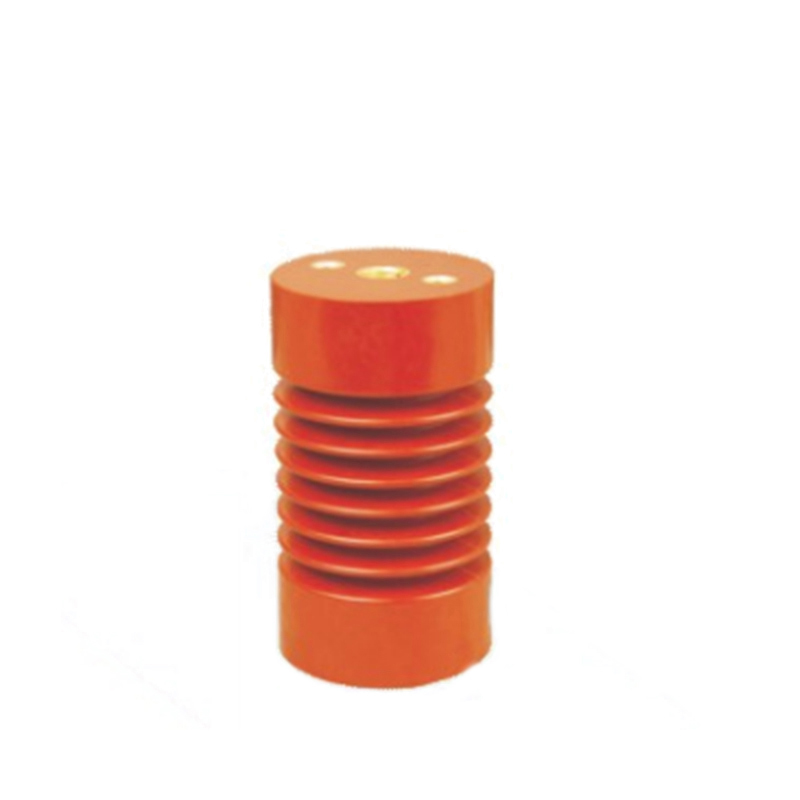what is an insulator
In the world of electricity, insulators play a crucial but often overlooked role. Simply put, an insulator is a material that resists the flow of electric current. Unlike conductors, which readily allow electrons to move through them, insulators keep electrical charges in place, preventing unwanted conduction and the potential hazards it can bring.
What are some common examples of insulators?
Some of the most well-known insulators include rubber, glass, porcelain, and plastic. Rubber is widely used in electrical wiring as insulation around the conductive copper or aluminum wires. This prevents accidental contact and short circuits. Glass and porcelain are often seen in power line insulators, where they support the electrical conductors while keeping the current from leaking into the surrounding structures or the ground. Plastic is also a very common insulator, used in everything from electrical plugs and sockets to the casings of various electronic devices.
How do insulators work at the atomic level?
At the atomic level, insulators have tightly bound electrons. In conductors, electrons are relatively free to move from atom to atom, enabling the flow of current. However, in insulators, the electrons are held firmly within their respective atoms or molecules. This means that when an electric field is applied, there are no free electrons available to carry the charge, and thus the material does not conduct electricity. For example, in a piece of glass, the atoms are arranged in such a way that the electrons are not able to move easily, making it an excellent insulator.
Why are insulators important in our daily lives?
Insulators are essential for our safety and the proper functioning of electrical systems. They prevent electrical shocks by isolating live wires and components from our reach. In power transmission, they allow electricity to be carried over long distances without significant losses due to leakage. Without insulators, our electrical appliances, power grids, and even our simple electronic devices like smartphones and laptops would not work as intended. They also protect against electrical fires that could result from short circuits caused by the lack of proper insulation.
Can insulators ever conduct electricity?
Under normal conditions, insulators do not conduct electricity. However, if exposed to extremely high voltages or certain environmental factors, they can experience a phenomenon called dielectric breakdown. In this case, the insulating material may temporarily or permanently lose its insulating properties and allow current to flow. For example, air is an insulator, but during a lightning strike, the extremely high voltage can cause the air to ionize and conduct electricity, creating a visible discharge. But this is an exception rather than the norm for insulators.
How are insulators chosen for different applications?
The choice of insulator depends on several factors. For high-voltage power transmission, materials like porcelain and glass are preferred due to their high dielectric strength and ability to withstand the harsh outdoor conditions. In electrical wiring within buildings, rubber and plastic are commonly used because of their flexibility and ease of installation. In electronic circuits, where space and precision are crucial, materials like epoxy resins and certain ceramics are used to provide insulation while maintaining the compactness of the circuit.
In conclusion, insulators are the unsung heroes of the electrical world. They ensure our safety, the efficient operation of electrical systems, and the reliable performance of our countless electrical and electronic devices. Understanding their properties and applications helps us appreciate the complex infrastructure that powers our modern lives.



.jpg)






